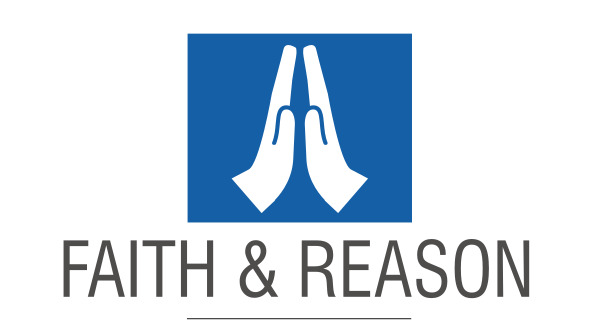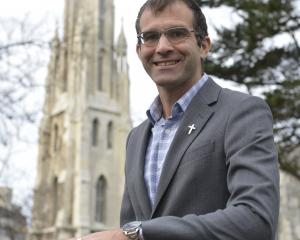Let’s look for the eucatastrophe in life, writes Jenny Beck.

Recently (and very happily) I cooked at a church camp at Mt Hutt. From the kitchen, awash in vegetable peelings, I heard the young people singing "When peace like a river attendeth my way ..."
The words of this hymn have always electrified me. When peace swirls around me, or when sorrows overwhelm — whatever happens, I know "it is well, it is well with my soul". There’s no smugness or self-preoccupation here; rather, the hymn writer Horatio Spafford is saying, I can cope with whatever life throws at me because I’ve put my hope in God, who’s taught me this faithful response "whatever my lot".
Disaster certainly "attended the way" of Spafford. First, in 1871 the Great Fire of Chicago destroyed most of the real estate he’d invested in. Then came a disaster much more grievous. In 1873 the family set out for Europe. Spafford’s wife went ahead with their four daughters. Their ship was struck by a sailing vessel while crossing the Atlantic and 226 people were killed, including all four of Spafford’s daughters. His wife sent him a telegram from Wales bearing two words only, "Saved alone". Spafford immediately set out to join her, and as his ship passed over where his girls had died, he was moved to pick up his pen and write this hymn. His response to the tragedy was an extraordinary posture of hope: I’m putting my trust, whatever happens, in the God who loves me and holds me in his hand. Despite this catastrophe, I’m his, and he’ll lead me through.
Coincidentally, on the day the strains of this hymn filtered into the kitchen, I read the Bible passage about the widow of Nain. Jesus arrived at her town just as a funeral procession was passing by. The widow had lost her only son, a personal as well as a financial catastrophe for her. Jesus’ heart went out to her. He placed his hand on the funeral byre and directed the young man to rise up, which he did, and Jesus "gave him back to his mother". Jesus cared about this nameless widow and was deeply moved by her plight.
At a party I attended in June this year, people were discussing the hopeless situation of the world. War, random acts of terrorism (in this case, the Robb Elementary School shooting in Texas), the desperate Mexican migrants who died in a truck, and let’s not even start on global warming.
"The world’s going to hell in a handbasket!" declared one partygoer. "Don’t you agree, Jenny?" No, actually, I don’t. I believe in a loving God who cares for us as individuals and the whole company of human beings. This God is invested in us. He also cares for the physical world we live in. I believe we can have strong hope because in this story we’re living, we are not facing ultimate defeat.
In other words, I believe in the possibility of eucatastrophe.
Eucatastrophe. This intriguing term was coined by none other than J.R.R. Tolkien, and since coming across the concept I’ve spied it at work everywhere, in books and in real life. A eucatastrophe is a sudden change in a story, a turn of events that results in the main character being saved from terrible and probable doom. Tolkien uses the term to mean a radical reversal from a seemingly impossible and disastrous situation to a victory, which is brought by grace rather than valiant effort resulting in "... a lifting of the heart, a piercing glimpse of joy and heart’s desire".
Drawing these thoughts together, God loves this world and the people in it. Jesus’ earthly birth, his death on the Cross, his resurrection can be viewed as the ultimate eucatastrophe, in that they were God’s way of rescuing us from sure and certain death and setting our feet on a new and very hopeful path.
God works in the world and in people in many life-giving ways. His action may be of a spectacular, miraculous nature, like the raising of the widow of Nain’s son. It may be quieter and more gradual: it may be grace growing in a heart bringing altered attitudes, forgiveness and new/unexpected endings to a particular human story. God is active everywhere.
There are myriad possibilities for radical reversals when he’s invited into our lives.
The assurance of God’s providence doesn’t take responsibility away from us for how we treat the world and one another, but it gives overwhelming confidence that when we put our lives in God’s hands, "it is well, it is well" with our souls.
In the midst of appalling, impossible circumstances, he may just have a eucatastrophe waiting for us.
- Jenny Beck is a lawyer and member of Dunedin City Baptist Church.












